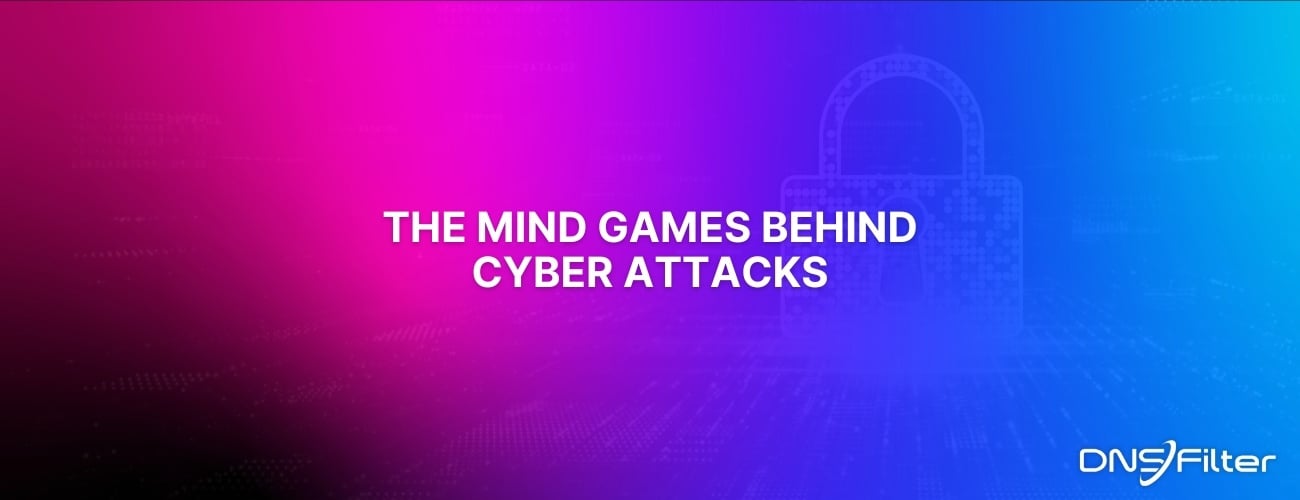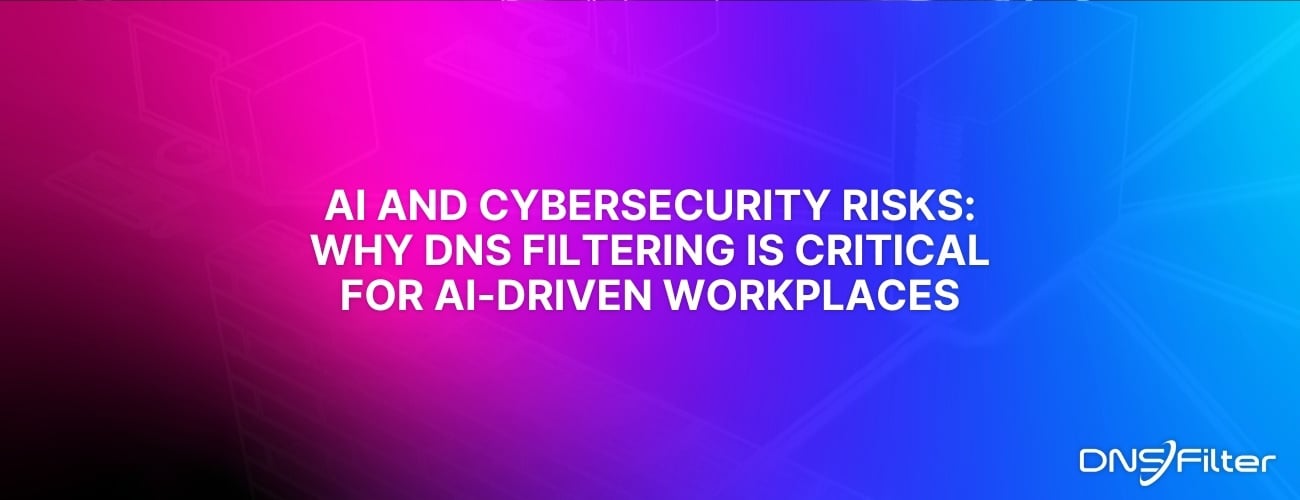Share this
What is the DNS Layer and How Do I Secure It?
by Serena Raymond on Jan 7, 2022 12:00:00 AM
As a DNS security provider, we eat, sleep, and breathe DNS but we wanted to go in and explain the importance of the DNS layer and how we secure it. Our team is constantly engaging with DNS and we wouldn’t have it any other way. If you’re online, you’re interacting with it, too. It’s woven into the very fabric of the internet. Websites, apps, software—they all use DNS to function.
What is DNS?
DNS is the colloquial form of (and abbreviation to) the Domain Name System. Nearly every definition of DNS that you’ll come across explains the system as the internet’s phone book, and for good reason. Any time you interact with specific pages on the internet, you type a domain name to get there. Just as with a phone book, you search by a name as opposed to a string of numbers. In the case of DNS, you use a domain name to request a unique IP address.
There are now billions of domains — far too many for your device to keep track of — so the responsibility falls on DNS servers to oversee the ever-expanding directory.
Seeing as how DNS (and the layer in which it operates) is a fundamental part of the internet, it’s essential to secure it. This blog will explore DNS layer security basics and best practices, so read on to learn more.
What is the DNS layer?
We know what DNS is, but what about the DNS layer? At a high level, the DNS protocol operates (using OSI model terminology) at the application level, also known as Layer 7. This layer is shared by HTTP, POP3, SMTP, and a host of other protocols used to communicate across an IP network. The DNS layer provides networking support to identify and locate computer services and devices with the corresponding protocols. Simply put, when a client application requests that a domain name be converted into an IP address, the task is completed within the application layer by DNS.
Why Do You Need DNS Layer Security?
Given that DNS is so heavily used, it will come as no surprise to anyone that cyber criminals target the DNS layer. Attackers will set up their trap, commonly in the form of malware, ransomware, phishing scams, and zero-day attacks. They then rely on DNS servers to connect unwitting victims to malicious content.
The IDC 2021 Global DNS Threat Report surveyed over 1,100 organizations around the world. The study found that 87 percent of organizations experienced DNS attacks in 2020, with the average cost of each attack reaching just under $1 million.
In the event of a cyber attack, DNS layer security acts as the first line of defense. DNS layer protection includes solutions such as domain categorization, content filtering, and advanced threat protection from sites known to host dangerous content. If you attempt to visit an unsafe web page and have DNS security enabled, your request to access the infected site would be denied at the DNS layer. Failure to protect your network can result in costly damages, lost or compromised data, and unplanned downtime.
How Do You Secure the DNS Layer?
Fear not: there are DNS security providers with solutions that help ensure that the DNS layer is protected. DNS filtering, a form of protective DNS (PDNS), is the most common.
DNS filtering is a tool that prevents cyber threats from occurring. It’s aptly named: it filters content using DNS categorization. Digital content is filtered into groups—sites are either allowed (if they’re safe), blocked (if they’re known threats), or greylisted (if they have questionable content, suspicious elements, or are too new to be properly vetted). Content is further organized into categories that include everything from business, entertainment, social networking, and news to terrorism, adult content, illegal content, and infected sites.
With DNS filtering, you have the power to block unwanted, inappropriate, and malicious categories.
Why Choose DNSFilter for DNS Layer Protection?
DNSFilter stands out among other leading DNS security providers—and not only for our user-friendly design, powerful DNS reporting, and legendary support. The user experience is important—it’s why we’ve placed such focus on our customer-facing solutions—but protection is paramount.
DNSFilter operates a network with the most data centers in the industry, ensuring faster response times and protection against downtime. Our domain analysis is powered entirely by real-time artificial intelligence, as opposed to relying solely on static feeds and error-prone human categorization that can lag by weeks (and sometimes even months). We’re the only DNS security provider who does this. What does this mean for you? You’ll be protected from zero-day threats and lesser known malicious content without having to wait for updates.
And you can be set up in under fifteen minutes. If you’d like to see what DNS layer protection can do for you, sign up for our free trial here.
Share this
 Artificial Intelligence in Cybersecurity
Artificial Intelligence in Cybersecurity
The term “artificial intelligence (AI)” was first coined in 1956. While progress stalled for many years, we can thank IBM for sparking real interest in AI as viable technology: First in 1997 when the computer Deep Blue defeated a chess champion and again in 2011 when Watson won Jeopardy!
 The Mind Games Behind Cyber Attacks
The Mind Games Behind Cyber Attacks
Hackers have long understood that the most sophisticated firewall is no match for a well-placed psychological trick. While many focus on the technical prowess of cybercriminals, the real magic often lies in their ability to manipulate human behavior. By exploiting our natural tendencies and cognitive biases, hackers can slip past even the most robust security systems. It's not just about cracking codes; it's about cracking the human psyche.
 AI and Cybersecurity Risks: Why DNS Filtering is Critical for AI-Driven Workplaces
AI and Cybersecurity Risks: Why DNS Filtering is Critical for AI-Driven Workplaces
Artificial intelligence is transforming business operations, automating everything from customer service to data analysis. But with these advancements come new security challenges. AI-driven cyber threats are becoming more sophisticated, enabling attackers to automate phishing campaigns, generate malware, and exfiltrate sensitive data at scale. Without proper safeguards, AI tools can unintentionally leak corporate secrets or connect to malicious ...


